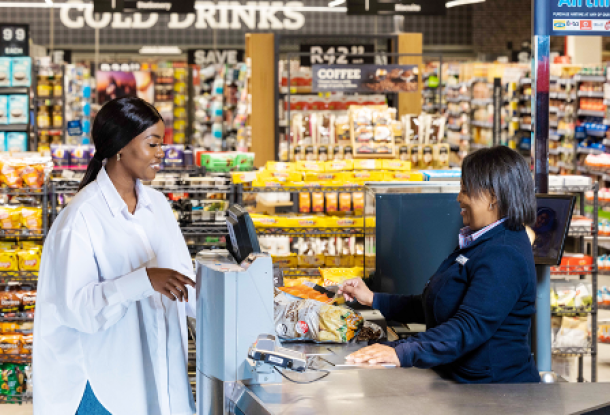Will your Nestle chocolate taste the same with recycled milk?
Food and drink company, Nestle South Africa has launched a zero-water zone at its Mossel Bay factory which was inaugurated by the Minister of Water and Sanitation, Mr Gugile Nkwinti.
In a bid to reduce the factory’s water consumption and transform its dairy factory into a “zero water” manufacturing site, Nestle embarked on a water-saving drive and has installed the latest technology.
Between 2008 and 2010, the Mossel Bay area faced its worst drought. This has made it especially problematic for factories who rely on water supply.
According to Nestle, they have since 2009 implemented various initiatives at the factory to save water by using a reduce, reuse and recycle methodology. The final phase of this initiative involves a recycling plant which uses anaerobic digestion, ultra-filtration and reverse osmosis technology.
Nestle said that there is a great need for water to be managed responsibly.
With the new technology, the factory will process fresh cow’s milk through an evaporation process. The evaporated water is then captured and treated through Reverse Osmosis then re-mineralised and used for various applications within the facility. Water is also recycled by using Anaerobic Digester technology coupled with Ultra Filtration and reverse osmosis systems, said Nestle SA Director of Corporate Communication and Affairs, Ravi Pillay.
When asked how much water Nestle will be able to save and recycle, Pillay said that when one compares their municipal water use in 2009 (before Zero Technologies), the site now saves approximately 65% or 467 tankers (30 cubic meters) which amounts to 14 010m3 saved monthly.
Ravi also said that the recycled water is 100% safe to use. Although Nestle acknowledged that municipal water is still required for day to day usage, the company continues to look for additional savings to reduce as close to zero as possible, said Pillay.
Nestle’s vision for this initiative is known as Project ZerEau which is to become a zero water intake facility.
“Nestlé is committed to act as a responsible steward of Natural Capital. Not only is achieving water efficiency across our operations key, we also believe that responsible water stewardship is critical to the future of our business and we’re continuously helping to facilitate the sustainable management of water catchments, where we source our goods, around our factories and where our consumers live”, concluded Pillay.
News Category
- International retailers
- On the move
- Awards and achievements
- Legislation
- Wine and liquor
- Africa
- Going green
- Supplier news
- Research tools
- Retailer trading results
- Supply chain
- Innovation and technology
- Economic factors
- Crime and security
- Store Openings
- Marketing and Promotions
- Social Responsibility
- Brand Press Office
Related Articles
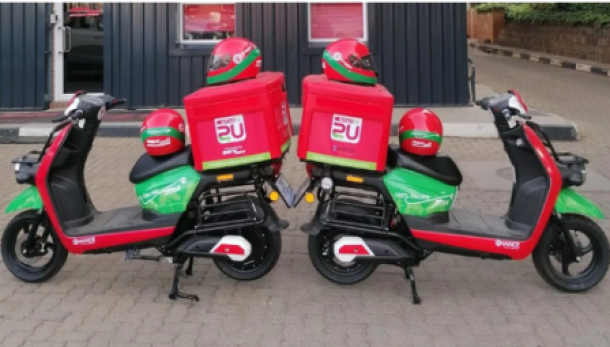
Two local businesses see a gap as food and groc...
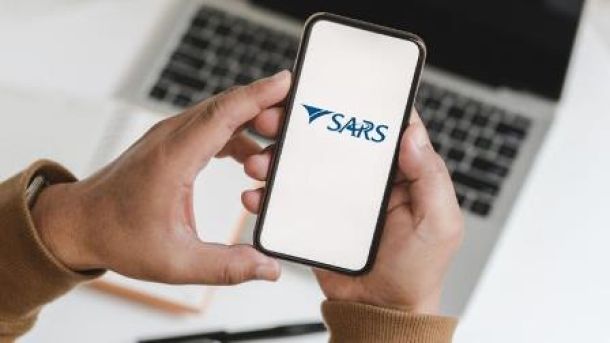
SARS launches WhatsApp channel to help check ta...
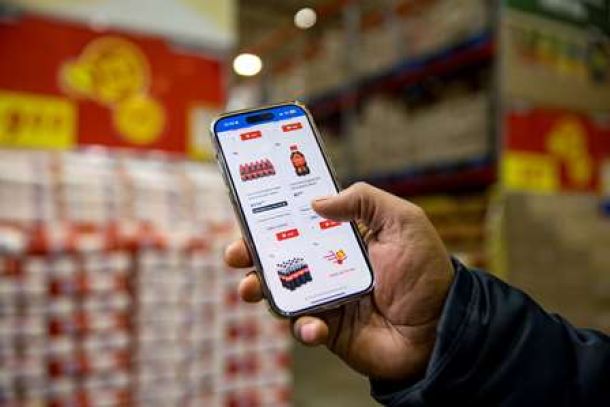
Shoprite launches online shopping and bulk deli...
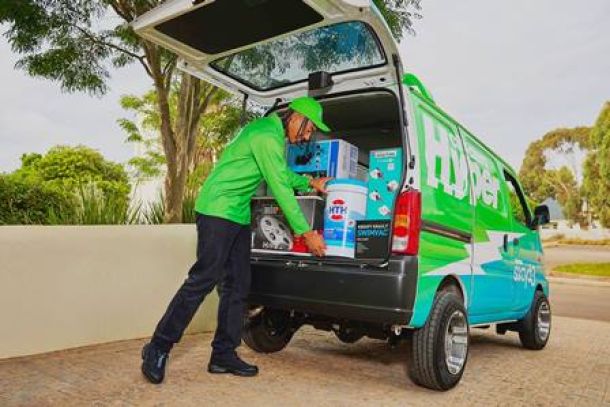
Sixty60 promises lightning-fast delivery of 10 ...
